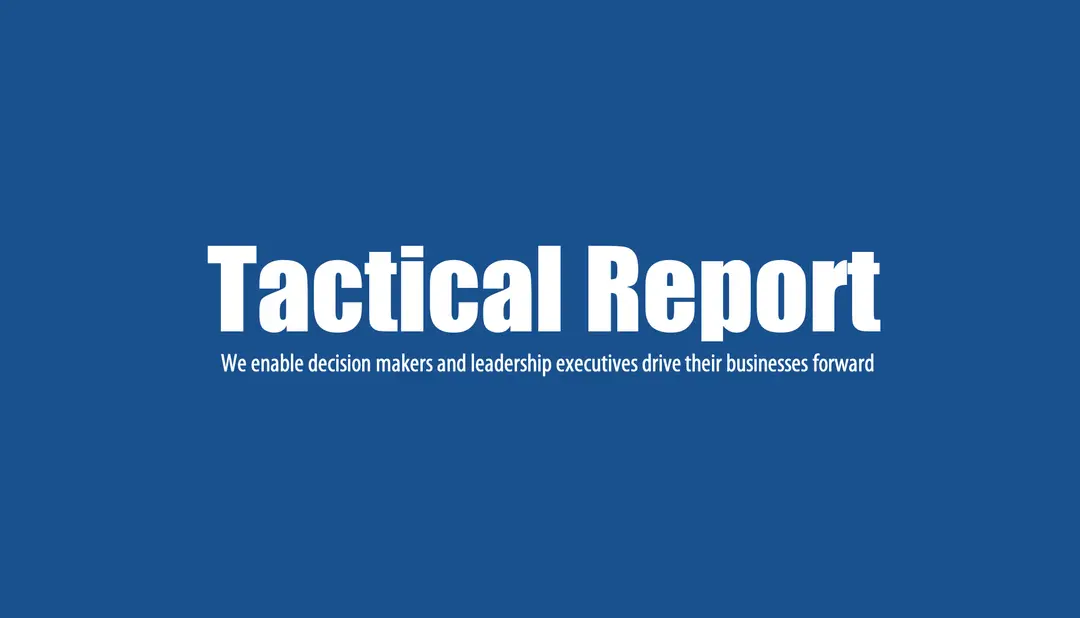
Last updated: 14 August, 2024
GCC views on Hamas under Sinwar’s Leadership
The GCC has historically held a complex and varied position on Hamas, influenced by geopolitical considerations and internal dynamics. After the assassination of Hamas political chief Ismail Haniyeh and the subsequent appointment of Yahya Sinwar as overall leader, the GCC's stance reflected a blend of caution and concern. While some member states have maintained a supportive stance towards Hamas, others have taken a more critical approach.
Despite the assassination of Haniyeh, the UAE remains steadfast in its commitment to a comprehensive resolution for the Gaza Strip. Emirati President Sheikh Mohammad Bin Zayed (MBZ) continues to emphasize a sustainable solution to the Palestinian issue through a carefully crafted roadmap, ensuring long-term stability in the region.
Following Haniyeh's assassination in Tehran on 31/7/2024, Sinwar was appointed as the new overall leader of Hamas on 6/8/2024. Sinwar's leadership marks a critical juncture, as he is now poised to lead negotiations with Israel to bring an end to the ongoing Gaza War, a development closely monitored by MBZ.
The assassination of Haniyeh has sparked significant diplomatic activity. Saudi Minister of Foreign Affairs Prince Faisal Bin Farhan engaged in discussions with U.S. Secretary of State Antony Blinken on 1/8/2024, highlighting the international concern surrounding the event. Additionally, Qatar's mediation efforts, particularly under Qatari Prime Minister and Minister of Foreign Affairs Sheikh Mohammad Bin Abdulrahman Al Thani, have come under the spotlight, as Qatar navigates its relations with Hamas and senior U.S. officials.
Iran's reaction to the assassination was swift, with a pledge to retaliate against Israel, accusing it of violating Iranian sovereignty. This has heightened tensions across the region, leading to diplomatic engagements, such as Jordan’s Deputy Prime Minister and Minister of Foreign Affairs Ayman Safadi's visit to Tehran on 4/8/2024, where he met with Iran’s acting Foreign Minister Ali Bagheri Kani to discuss the unfolding situation.
The assassination of Haniyeh has undoubtedly reshaped the geopolitical landscape, with key regional and international players actively responding to the evolving crisis.
As the UAE, Saudi Arabia, Qatar, and Iran navigate this volatile landscape, their actions and alliances will be critical in shaping the future of the Gaza conflict and broader regional stability. The international community watches closely, as the potential for both resolution and escalation hangs in the balance.
Start Your Subscription
Subscribe to Intelligence Weekly (Defense) for a weekly roundup of pivotal developments impacting the geopolitical landscape and shaping competitive dynamics within the MENA defense industry.
Looking for personalized access or bespoke engagements?




